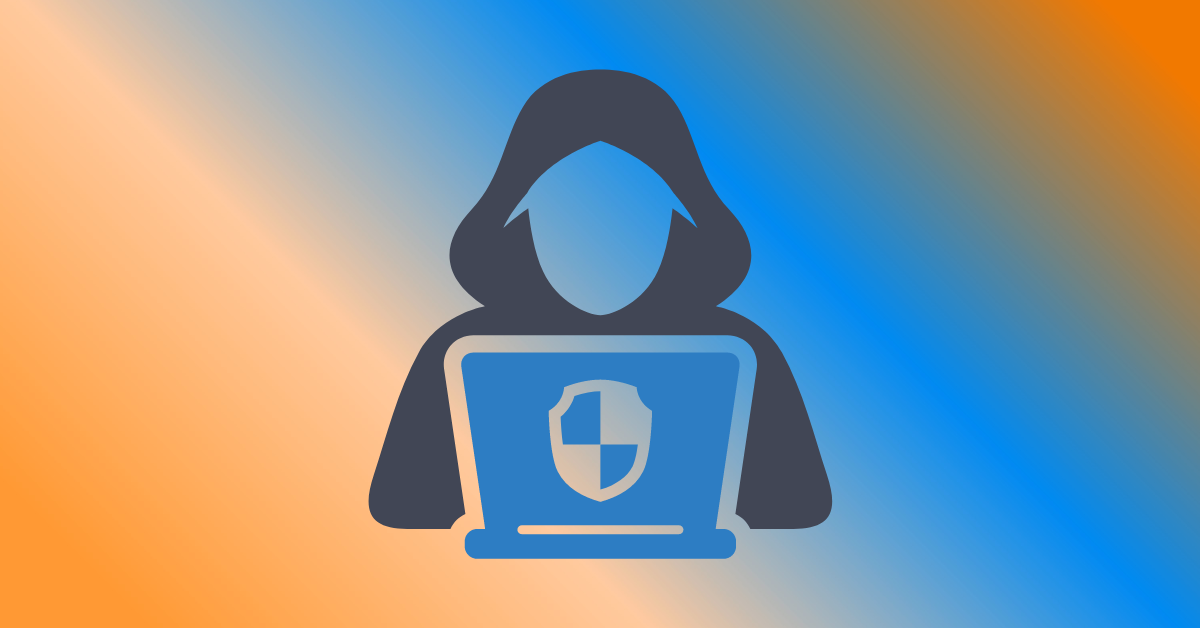In a world where cybersecurity threats continue to loom large, it’s crucial to know how to respond when someone attempts to hack or deceive you. We often discuss preventive measures and steps to take after your accounts are compromised, but today, we delve into a more complex scenario where you suspect someone is trying to breach your digital security.
What should you do to prevent hacking?
“We’ve seen it happen time and again how hacking can cause havoc in real life. It’s utterly stressful and costly for the victim. Hackers are tenacious — they use a variety of techniques just to get access to your data or devices all for monetary gain. If you suspect becoming a victim yourself, the key is to set aside your emotions and respond with the goal of minimizing the damage as quickly as possible. The following tips below will help you be able to recover your data and money and regain control of your account,” according to Adrian Hia, Managing Director for Asia Pacific at Kaspersky.
In case you are in a situation where entities are trying to hack your account or system, here’s what you should do:
- Don’t Share More Information:
The fundamental rule is to stop sharing personal information immediately. If you encounter a website that raises doubts, asking for your name, email, phone number, or financial details, close the page without hesitation. - Disconnect from the Internet:
If you’ve interacted with a suspicious source or followed instructions from a potentially malicious party, disconnect your device from the Internet. This is crucial to prevent further potential damage, especially if remote control tools have been used. - Assess the Information Shared:
Recall any information you might have divulged to the suspicious source. If it’s only basic information like your name, address, or phone number, remain cautious as scammers might attempt further attacks using this data. - Change Passwords:
If you’ve shared sensitive data, such as passwords or financial information, promptly change the passwords for all affected accounts. Ensure these passwords are unique for each service, and manually enter website addresses or use bookmarks instead of clicking on email links. - Contact Banks and Service Providers:
If financial data has been compromised, contact your bank to block your cards and seek guidance on safeguarding your accounts. If you’ve shared extensive personal information or sensitive documents, reach out to credit bureaus for protective measures to prevent identity theft or fraudulent financial activity. - Check Your Computer:
If you disconnected from the internet due to a potential infection, thoroughly scan your device for malware or unsafe software. Update your protection software and follow security application instructions to remove any detected threats. - Monitor for Suspicious Activity:
After taking the necessary precautions, check your accounts, especially online stores and social media, for unauthorized transactions or posts. Verify your account information and ensure there are no unfamiliar devices linked to your accounts. - Email Hack Considerations:
If your email was compromised, check for forwarding rules and unauthorized access to linked accounts. Ensure no forwarding of emails to third-party addresses is enabled, and change passwords for all associated services.
While responding to hacking attempts is essential, prevention is still the best strategy. To minimize the risks of fraud, follow these proactive measures:
- Protect Your Smartphone:
Guard your smartphone against theft or loss. - Use Unique Passwords and Two-Factor Authentication:
Implement unique passwords for each account and enable two-factor authentication. A password manager can assist in generating and storing secure passwords. - Install Comprehensive Security Systems:
Deploy robust security systems on all your devices to thwart phishing and fraud attempts.
By following these guidelines and adopting preventive measures, you can better protect your digital life from hacking attempts and potential security breaches. Remember, vigilance and swift action are key to safeguarding your online presence.


